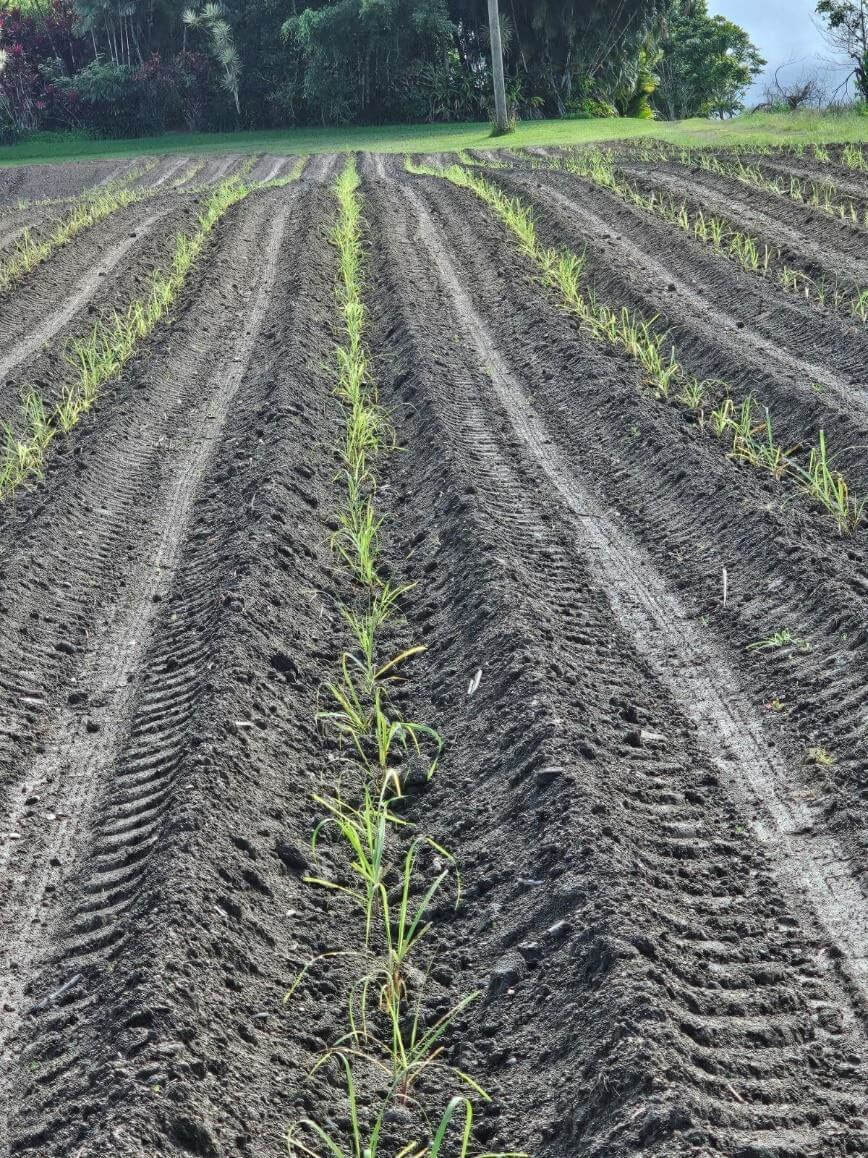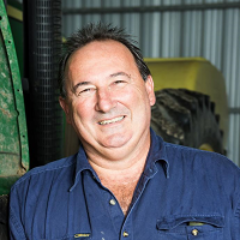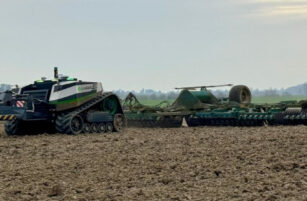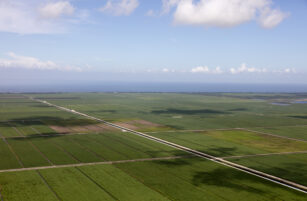Insight Focus
Wet weather is delaying planting and harvesting in Queensland. This means lower tonnages and the risk of extending harvest into the wet season. Industrial action and potential paraquat restrictions add to concerns.

What Are You Up to On the Farm at Present?
We’re still very focused on crop establishment at the moment, putting in the plant cane for next year. We’re about 70% done, but persistent light rain has really delayed planting operations.
As a rule-of-thumb, around 16-20% of the farm is planted every year. After that initial harvest we’ll get another three or four ratoon crops before we plough it out and put in a fallow crop, such as legumes, to break up the sugarcane monoculture.

Tissue culture plants have been established to provide clean seed cane for the 2025 season.
We’ve also been busy with feral pig management, which unfortunately takes up a lot of time around the farm. Feral pigs are a huge problem in Australia, particularly where we’re located in Queensland’s Wet Tropic.

Feral pig control is an ongoing and time-consuming problem.
I also took a little bit of time away from the tractor recently to welcome Australia’s newly appointed Federal Minister for Agriculture, who was visiting the region alongside the Federal Communications Minister to talk about internet connectivity in regional Australia. The ministers got a little taste of the sweet farming life with a visit to my neighbour’s sugarcane farm.

Recently, I had an opportunity to meet with Australian Communications Minister Michelle Rowland (second from right) when she visited my neighbour Mark Savina’s Cairns cane farm alongside new Ag Minister Julie Collins (right).
What Stage Is Your Crop At?
Harvest is still underway, but it’s slow going. This is no fault of the mill or harvesting contractors — it’s just down to the weather, which is really hampering our ability to get heavy machinery into the paddocks. Harvesting crews are really struggling to keep cane up to the mill, which has resulted in the mill trains shutting down for a few hours a day.
Our tonnages are also down this year with some mill areas cutting as low as 59 tonnes of cane to the hectare at the minute. This is 20-30 tonnes/ha below average for the region. As a result, despite having only crushed 35% of the crop to date, we still expect to finish the harvest around early to mid-November, provided we get some sun soon.
What Are Your Biggest Concerns at Present?
There are a few concerns for the industry at present, such as ongoing industrial action at nine of Queensland’s 19 sugar mills, which is disrupting crushing activities. And, of course, the persistent rain, which is also delaying the harvest. Some regions are also experiencing mill performance issues. Thankfully, that is not a concern in our region, with MSF’s Mulgrave Mill crushing well.
Also, harvesting into the wet season is far from ideal. CCS can drop off dramatically, making it financially unviable to cut cane. And harvesting itself can become impossible if paddocks become too wet for heavy machinery. All of this can mean standover cane left in the paddock, which eats into growers’ income.
One of the biggest concerns for the industry currently is a proposal from the Australian Pesticides and Veterinary Medicines Authority (APVMA) to restrict the use of the chemical paraquat. This is a huge issue for all of agriculture, but especially here in the Wet Tropics where we have some unique circumstances that restrict our ability to manage weeds.
Being in the heavy rainfall area, we experience a lot of weed growth. However, we are also restricted in weed management techniques by reef regulations.
As a knockdown weedkiller, paraquat gives us the ability to quickly and efficiently manage weeds with little or no tillage and greatly reduced environmental impacts. If we can no longer use this chemical, we will have to return to high tillage systems and the use of residual chemicals, both of which can impact water quality in high rainfall areas due to sediment and chemical run-off.
CANEGROWERS is working with Sugar Research Australia on a submission to the AMPVA on the potentially damaging environment and financial impacts of restricting paraquat.
But overall, the industry is about 20% behind schedule with this year’s harvest, which means some districts will be cutting into the Christmas period, and possibly even the New Year. This can have a knock-on effect on next year’s crop, which has a shorter growing period.

Sometimes the clouds clear and I remember why I live here.














